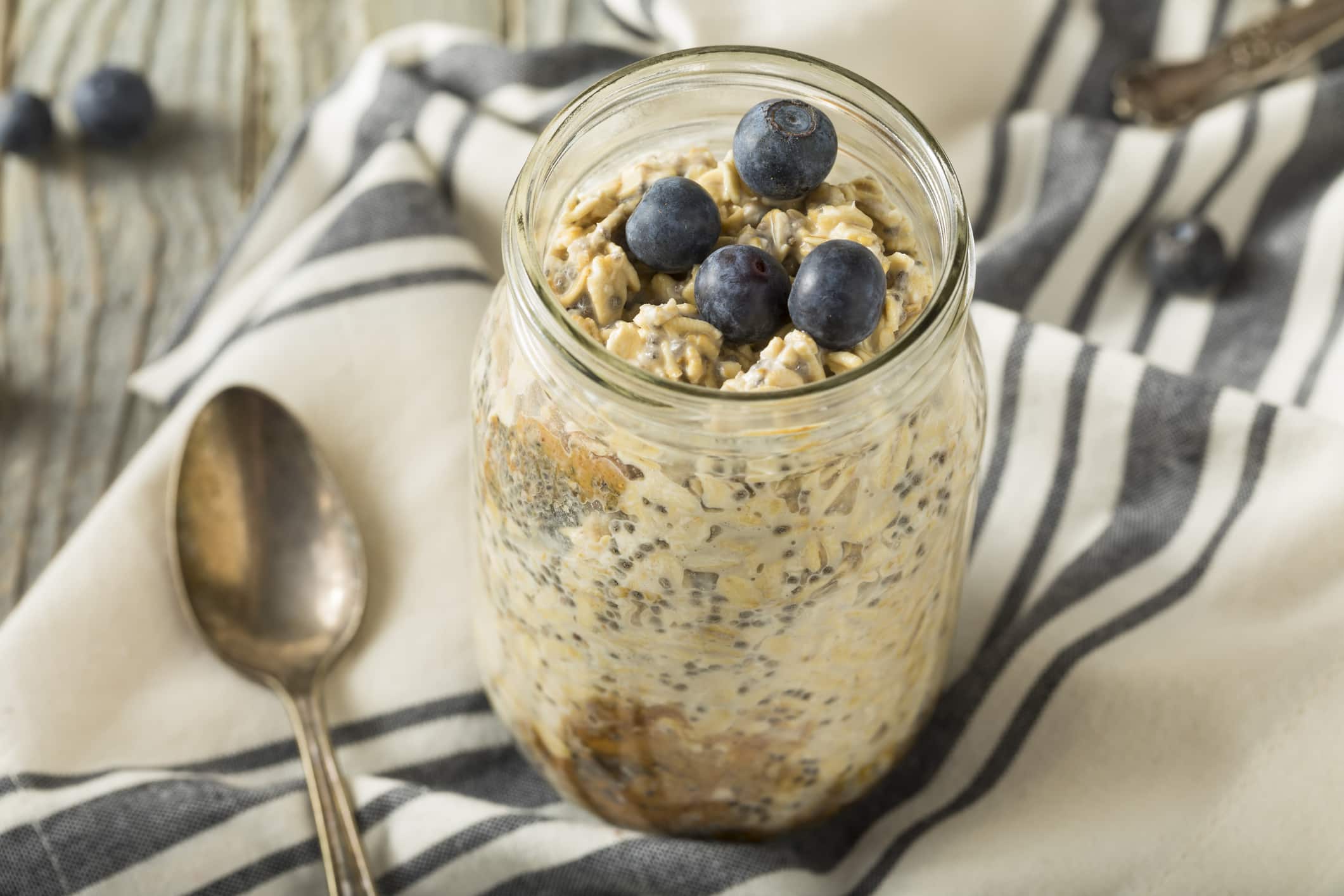
As a mom with a new baby, your nutrition is always an afterthought. All eyes (and thoughts) revolve around your cute new baby! Nutrition for both mom and baby is essential postpartum and throughout your breastfeeding journey. By nourishing yourself with the best foods for breastfeeding, you provide your baby with many needed nutrients to help support their growth and development through breast milk.8
When you breastfeed, your body needs more energy and calories for milk production. Lactation increases your body’s caloric needs by about 300 to 400 additional calories daily.4 You need calories and energy to help produce milk, feed, and care for your little one. This is why a healthy, well-balanced diet packed with nutrient-rich foods is paramount. Let’s dive into seven great food groups to add to your breastfeeding diet.
Best Foods for Breastfeeding to Add to Your Diet
1. Iodine and Choline
Sources of iodine are essential to add to your breastfeeding diet. Iodine supports infant growth and neurological development. The amount of iodine a baby receives through breast milk depends on the mother’s iodine levels.1 Good sources of iodine include iodized table salt, seafood such as shrimp and tuna, eggs, low-fat milk, yogurt, and cheese.2
Along with iodine, choline is also crucial for babies, and they should receive it through breast milk. Choline supports the growth and development of your little one’s spinal cord and brain. Good sources of choline to add to your diet include eggs, kidney beans, peas, broccoli, Brussels sprouts, and milk.3
2. Water
Hydration, hydration, hydration. No matter what you are doing, drinking plenty of water is always a good idea. It’s the same for breastfeeding. Although there is no recommended amount of fluid intake for breastfeeding, a good rule of thumb is to drink when thirsty.4 Some women like to drink water every time they breastfeed. It is also important to note that limiting the amount of caffeinated and sugary drinks you have each day is best.5
3. Protein
Protein-rich foods are always a good choice while breastfeeding. Protein is essential as it helps repair and make cells, supports both mother and baby’s muscle health, and is good for overall growth.6,9 Eggs, beans, lean meats, chicken, and nuts are good examples of protein sources you may want to add to your diet.5
4. Fruits and Vegetables
Adding fruits and vegetables to your daily diet will add great sources of nutrients and a variety of vitamins and minerals.
Fruit is delicious, very nutritious, and an excellent healthy food choice for your breastfeeding diet. Some nutrients found in fruits include vitamin C, fiber, and potassium.10 Whole fruits such as apples, berries, oranges, and bananas are easy choices for a quick grab-and-go healthy snack.2
Vegetables can also add nutrients to your diet. These include fiber, vitamin A, vitamin C, folate, and potassium.9 Vegetables can be the perfect addition to your dinner, or you might even sneak some into your morning eggs or grab a handful of baby carrots for an afternoon snack.
5. Dairy
Dairy products are a healthy source of calcium and vitamin D, so they are an integral part of a breastfeeding diet. Calcium plays a vital role in bone and teeth health and strength, while vitamin D is crucial for helping the body absorb calcium.6 Some dairy sources include milk, yogurt, and cheese. Use milk or yogurt in a smoothie, or have some cheese for a fast snack.
6. Whole Grains
Whole grains are packed with nutrients. They are an abundant source of vitamins and many minerals. Being a good source of fiber is an additional benefit of eating whole grains. This is your cue to grab some popcorn for an afternoon snack or start your day with a bowl of oatmeal; you will be doing good things for your body. Other sources of whole grains include brown rice, quinoa, and whole wheat bread.7
7. Vitamins
Some essential vitamins and minerals for babies are received through their mother’s breastmilk and are impacted by their mom’s diet. These include vitamins A, B6, B12, iodine, and riboflavin.4 A supplement may be recommended if a mom is not eating foods rich in these vitamins and minerals. This is common for mothers with restricted diets, such as vegans or vegetarians. It is essential to speak with your health care provider to discuss your diet and if taking supplements and vitamins might be the right choice for you.4
Knowing that your diet can impact your health and the nutrients your little one receives through breast milk is an excellent reason to plan for and eat nutritious meals and snacks throughout your day. With some planning and help from your support system, you can fuel your body with all the best foods for breastfeeding for you and your precious little one.
from Baby Chick https://ift.tt/gNM3xn8
via IFTTT


0 Comments
Please ,
Don't enter span link ...